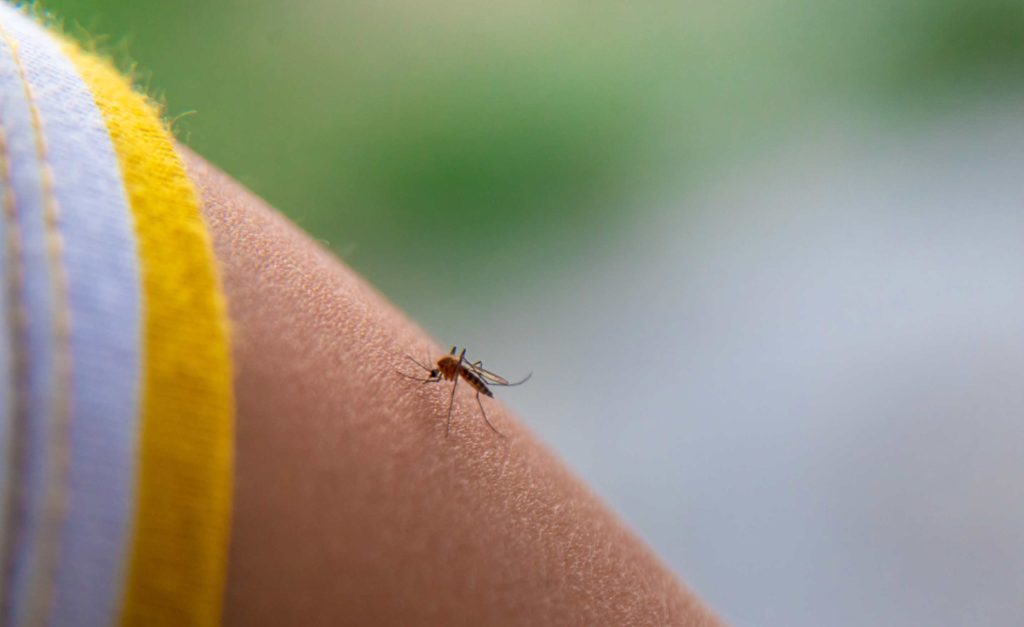
Malaria is a serious illness caused by parasites that are spread through the bites of infected mosquitoes. If you’re planning to travel to regions where malaria is common, it’s important for you to know the symptoms and understand the risks.
Travel clinic advice can be a lifesaver, ensuring you’re properly prepared before your trip. In this blog, we’ll walk you through what malaria is, how to recognise its symptoms, how it’s treated, and most importantly, how a visit to a travel clinic can help you stay protected while travelling.
What is malaria?
Malaria is a potentially life-threatening disease caused by parasites of the Plasmodium species, which are transmitted to humans through the bite of an infected mosquito.
The most common species responsible for malaria are Plasmodium falciparum, Plasmodium vivax, Plasmodium ovale, and Plasmodium malariae. Malaria is most common in sub-Saharan Africa, parts of Asia, and Latin America.
These regions are particularly vulnerable due to environmental conditions that support the breeding of mosquitoes.
What are the symptoms of malaria?
The onset of malaria symptoms typically occurs between 10 to 15 days after being bitten by an infected mosquito. Common symptoms include:
1. Fever and chills
2. Sweating
3. Fatigue and weakness
4. Headache
5. Nausea and vomiting
6. Muscle pain and abdominal discomfort
If you experience these symptoms of malaria, especially after visiting a malaria-prone area, seek medical attention immediately. Early diagnosis and prompt treatment can prevent the disease from worsening.
How is malaria diagnosed and treated?
Malaria is diagnosed through blood tests that detect the presence of the Plasmodium parasite. These tests are typically carried out in a medical setting. Once diagnosed, malaria symptoms and treatment are managed with antimalarial medications, which can effectively kill the parasites in the bloodstream.
It is essential to seek travel clinic advice before you travel, as a travel clinic will provide personalised guidance on how to prevent malaria and ensure you’re well-prepared for your trip.
How to prevent malaria while travelling?
Preventing malaria while travelling is essential to enjoying a safe trip. Here are several preventive measures to consider:
1. Use insect repellent containing DEET to protect against mosquito bites.
2. Sleep under mosquito nets, especially in areas where malaria is common.
3. Take prescribed antimalarial medications, as recommended by your travel clinic.
4. Wear long-sleeved clothing and trousers to reduce exposure to mosquitoes.
Visiting a travel clinic before your trip can provide you with valuable travel clinic advice on how to protect yourself and reduce the risk of contracting malaria. A travel clinic will assess your destination and provide personalised recommendations based on your health and travel plans.
Why should you choose Aroga Pharmacy for travel clinic services?
At Aroga Pharmacy, we offer expert travel clinic advice, with a focus on malaria prevention and treatment. Our team is well-equipped to provide tailored recommendations for your travel health, ensuring you are fully prepared before travelling to malaria-prone regions.
Whether you need advice on vaccines, medications, or preventive measures, we are here to help. Conveniently located in Farnham Common, we offer easy access to professional travel clinic services to the residents of Gerrards Cross and Slough.
Visit Aroga Pharmacy for expert travel clinic advice
Don’t let malaria disrupt your trip—ensure you’re prepared by booking a consultation with us today.
Our team will provide personalised travel clinic advice to keep you healthy and protected during your travels.
Get in touch with us to book your appointment and visit us to get the expert guidance you need for a safe and enjoyable trip!
